Keeping your family safe and healthy is the top priority during this time of self isolation. With schools and workplaces shut down, your home has become more than just the base from which you work and live. It’s now your safe haven where life goes on 24/7. Per WHO guidelines, we should be staying home except for essential functions such as picking up groceries and prescriptions and doctor’s appointments. With this unprecedented call to action, many are left wondering what steps should be taken to keep families safe; so, we thought we’d help out by creating a list of the basics.
Keeping Clean
Sanitizing surfaces in your home should become a daily habit. Concentrated bleach as well as any cleaning solution with an alcohol content of 60% or more have been proven to be highly effective in killing all bacteria as well as viruses. Doorknobs, countertops, remote controls, and other high contact spots need to be given extra attention and cleaned several times a day to keep persistent germs at bay. Be sure not to neglect the outdoor areas of your home: grills and patio furniture should be sanitized before and after use, with patio furniture covers as an additional safety measure. No matter your previous cleaning habits, taking it up a notch is always a great idea. Being certain of a hygienic home is a simple task that greatly improves your ability to keep your family healthy.
Personal Hygiene Practice

With the house being cleaned on a daily basis, don’t forget to keep yourself clean as well. The first line of defense continues to be vigorous hand washing throughout the day, not just before eating or after using the restroom. Ensure that your family members are aware of proper hand washing methods (twenty seconds with hot water and soap, remembering to scrub nails and wrists as well), and keep sinks stocked with plenty of soap. If anyone must leave the home, immediate cleaning should commence when they return, such as a full shower and washing of the clothes worn outside. These practices may seem extreme, but taking these precautions will protect you and your family more so than any other method.
Be Prepared, Not Panicked
Reports of grocery store shelves being empty have dominated the news recently. Many Americans are stocking up out of fear of the unknown, but your kitchen does not need to be overflowing to sustain your family. Maintaining a kitchen with an appropriate amount of food – experts are suggesting about two week’s worth – will keep you and your family fed without taking away from your community. Keep tabs on which groceries you go through quickest and plan your meals around using perishable items first. Grilling out is a great option for getting some fresh air as well as making sure your meat is used before its expiration date. And make sure to throw on your grill cover once dinner is served and cleanup is in progress. A family meal can brighten isolated spirits, and a barbecue dinner certainly tastes better than a microwaved one.
Restricted Areas

If any of your family members begins to show symptoms, it is imperative that you take immediate measures to quarantine them. Choose a bedroom and bathroom in your home that will be for their dedicated use; no other household members may enter or use these areas. Leave food and supplies at the door to ensure no contact is made with the quarantined, and sanitize all areas surrounding the doorway. This home quarantine must be practiced for 14 days to ensure transmission will not occur. Keep the symptomatic family member company through Facetime and text, and brighten their day by making their favorite meals and giving them books and puzzles to occupy their time. While a quarantine is no doubt a difficult situation to endure, remember that it is in the interest of not only their health, but for the health of the entire family.
No matter which part of the country you reside in, social isolation and quarantine are measures that all Americans must take to maintain stability and public health. Your home may be your only available destination in these times, so taking steps to constructing a safe, prepared, and comforting environment is imperative. It gives everyone peace of mind and shines a light at the end of the tunnel.
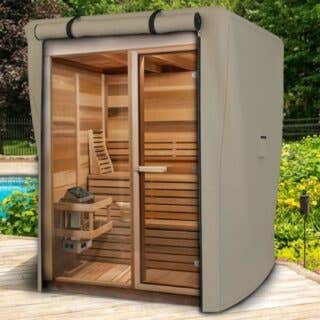





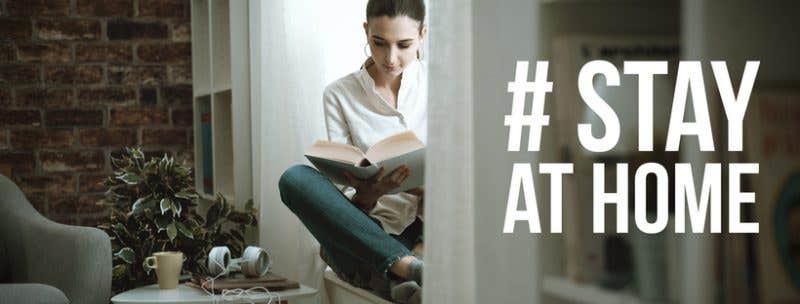



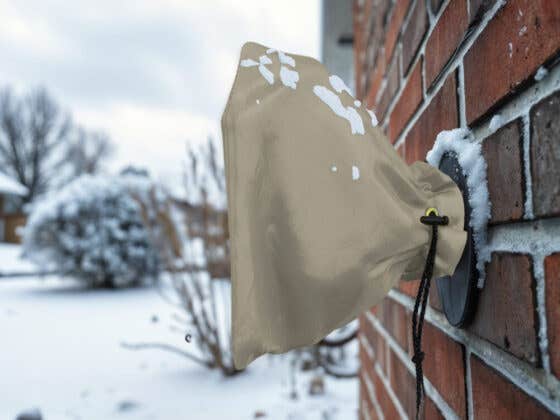


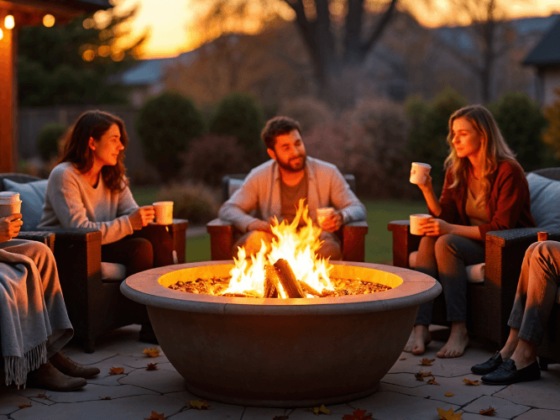
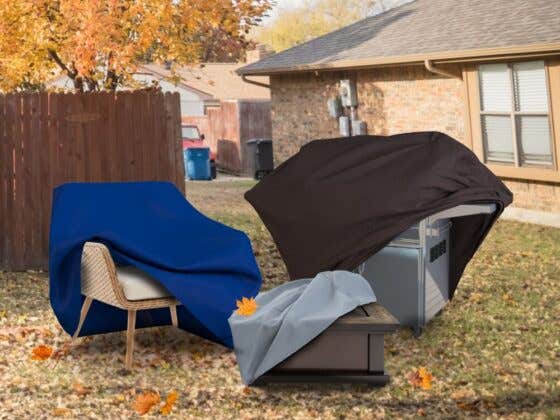
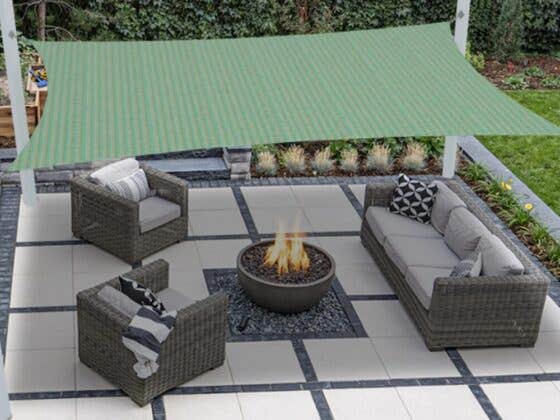

Recent Comments